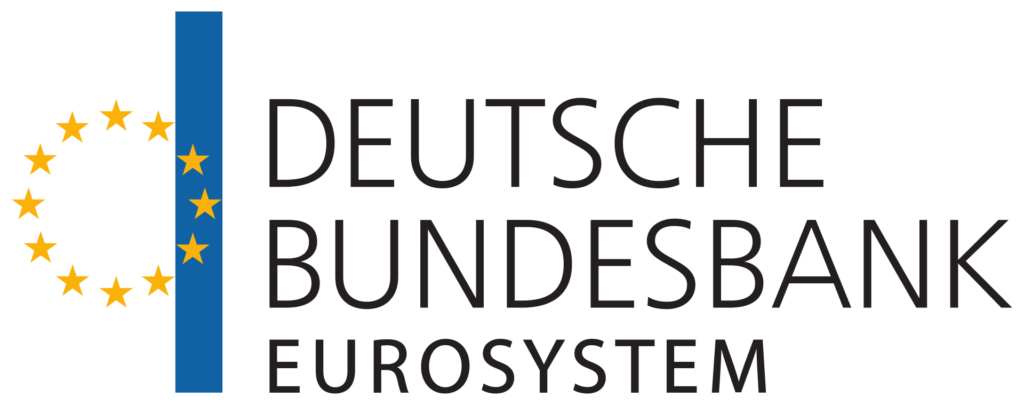December 25 2020

The Reuters news agency reported on the secret account December 1. It said it learned of the account when sources showed it a letter that Germany, France and Britain jointly sent to Washington opposing sanctions on the last 18 banks in Iran that had previously gone unsanc-tioned.
For foreign banks, violations could mean losing access to the US market, a killer for the most important central bank in the world after the US Federal Reserve System.
In their joint letter, dated October 26, diplomats from the three European nations told Washington that the sanctions could make food and medicine “prohibitively expensive” for ordinary Iranians in the middle of the pandemic.
A Bundesbank spokesman told Reuters Iranian banks held accounts with it in order to process payments but declined to comment on them individually. “The German Bundesbank is bound by national and European law, also, naturally, in relation to financial sanctions,” the spokesman said.
Justine Walker, head of global sanctions and risk with ACAMS, an organization of specialists tackling financial crime, told Reuters Germany stood out for its willingness to hold Iranian accounts – a stance that has continued despite the US sanctions.
Five Iranian banks—all of which are subject to US sanctions—held roughly 3.8 billion euros ($4.6 billion) on deposit with the Bundesbank at the beginning of the year, according to the banks’ financial accounts. Some of this money has since been withdrawn, but the level of financial exposure is still above 3 billion euros ($3.6 billion), Bank for International Settlements data from June show.
US officials have raised concerns about these Bundes-bank accounts in conversations with their German peers in recent years, one US official said.
The funds are used by the Iranian banks to facilitate transactions with companies doing business with Iran, according to two finance sources with direct knowledge of the matter.
Reuters could not learn how long these payment facilities for Tehran have existed.
One of these banks is the German unit of Iranian state-owned Bank Melli, which was sanctioned by Washington in 2018.
Helmut Gottlieb, a board member and senior manager at that bank, said although the scope of the bank’s activities had narrowed, it still offered loans to companies that do business with Iran.
“Under Trump, we’ve come under increasing pressure from the Americans,” Gottlieb said. He added that the Melli’s German unit is regularly audited and must meet standards set by Bundes-bank and other European regulators.
The Europeans named banks as worthy of exemption from secondary sanctions because of their focus on financing humanitarian trade and a proven record of compliance.
